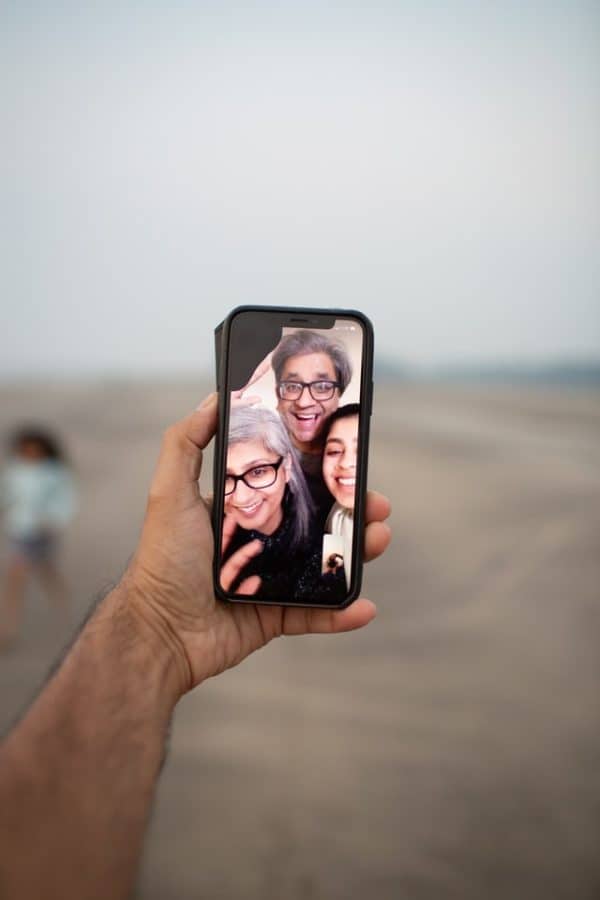The Covid-19 epidemic of 2020 has been memorable for the effect it has had on people’s mental health and wellbeing. There is no doubt that the members of society who have been the worst affected are elderly people who have borne the brunt of the worst of the disease.
The over-70s stand a much higher risk of contracting Covid-19 and of suffering severe side effects and so were instructed to shield from the start. This, unfortunately, meant many were not allowed to see family members and friends face to face, and those with the most serious underlying illnesses had to rely on others to do tasks they would normally do. Many older people were afraid of visiting doctors and hospitals for vital appointments.
Those in residential homes were the worst affected, but even those receiving care at home were prevented from having visits from people outside their household. Steps to reduce transmission of any contagious disease are essential to protect the vulnerable, but in older people, the resulting loneliness and isolation is devastating and can precipitate a decline in physical health. Numerous studies have shown links between social isolation and loneliness and health problems such as heart disease, high blood pressure, anxiety and premature death in extreme cases. So, what can we do better in the event of a future pandemic?
Technology Can Play a Part
Some older people are, it’s true to say, not very ‘tech-savvy’ and unable to use mobile phones or computers to connect with others but some are willing and able to embrace whatever new developments come along if it helps them to stay in touch with the outside world. Those lucky enough to have home care services should be encouraged wherever possible to take advantage of internet technology for shopping, downloading films or music and for communication. A conversation via Facetime or message through Facebook may not be perfect, but at least it allows elderly people to see and speak with family and friends any time they want. For the less tech-savvy regular phone calls or letters are essential to keep in touch.
Live in the Moment
The Covid-19 pandemic has presented the whole world with a unique situation which has rarely been seen and which necessitates different ways of living and working. The older generation is in the main stoical and more able to cope with situations but for those less able to cope a different mindset can be cultivated. To keep spirits up it is important to help them realise that the situation cannot last forever, and things will get better.
One of the best things to come out of the Covid-19 pandemic was the coming together of sections of society to help others either with practical tasks or through befriending schemes. In future pandemics, this could be built upon by community groups and local authorities in order to develop new social networks for older people.
The important thing is to maintain routines and schedules to avoid too much disruption and upset and above all, keep open lines of communication for all.

